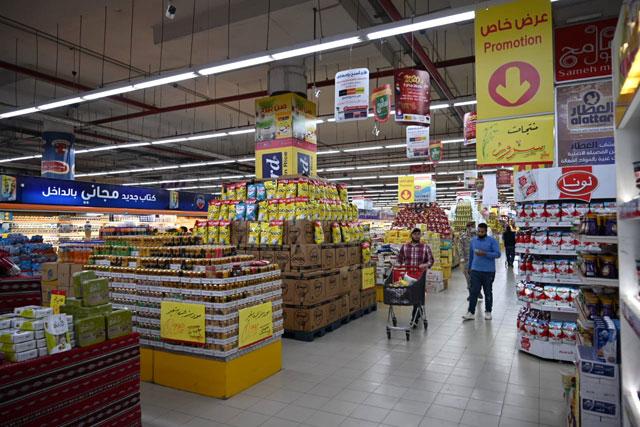- Local News
- Tue-2020-07-28 | 04:30 pm

"The Kingdom’s foodstuff sector has been seriously impacted by the ongoing crisis like all other sectors, but the sector had witnessed a severe economic recession even before the pandemic,” FTA President Khalil Haj Tawfiq told the Jordan Times over the phone.
Despite the ongoing offers on various goods and price stability, there is still an "obvious decrease in the public’s purchasing power, given that they have become cautious with their budgets after this crisis”, Haj Tawfiq added.
"I hope that people receive their salaries before Eid Al Adha, so that they would prepare for the holiday and energise the food sector,” he added.
He noted that this year Eid will be celebrated amid an unprecedented pandemic, which has forced all wedding and party venues closed.
The virus crisis also prevented the return of expatriates to Jordan and people coming from Arab countries to spend the holiday in the Kingdom, he added.
"July has been the worst compared with the past two months, therefore people would notice great deals and promotions in supermarkets and mega-grocery stores” Haj Tawfiq said.
Top offers would be on fresh, refrigerated and frozen red meat given as this holiday is the feast marking the end of the annual pilgrimage to Mecca during which Muslims of sufficient means are required to sacrifice livestock, he said.
According to Haj Tawfiq, the supply of basic food items in the local market, including those of high demand during Eid, is sufficient to meet public needs during the holiday.
Regarding sacrificial livestock, the FTA president, who is also head of the Amman Chamber of Commerce, said that importers, traders and livestock farmers have provided around 450,000 head of livestock, including imported and local cattle and sheep.
"Prices would vary from JD130 to JD160 for imported sheep and from JD180 to JD220 for local sheep,” he noted.









